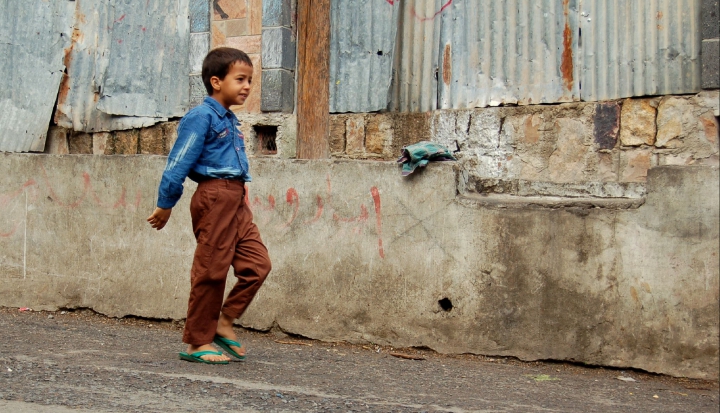The apparent murder of prominent Saudi journalist Jamal Khashoggi brought a renewed focus on U.S.-Saudi relations in October. Turkish investigators report that Khashoggi, who had been a regular contributor to the Washington Post, entered the Saudi consulate in Istanbul on October 2 to retrieve documents for his forthcoming marriage. They believe he was tortured and murdered while inside the consulate and his body disposed of in pieces via diplomatic pouch—a bizarre and gruesome end to an outspoken critic of the Saudi kingdom.
His apparent murder has provoked calls for the termination of U.S. arms sales to Saudi Arabia and a reassessment of the cozy relationship between the “reformist” Saudi Crown Prince Mohammed bin Salman and the Trump administration. So far the president has resisted efforts to couple arms sales to improvements on human rights in the kingdom.
It would be remarkable if the United States suddenly discovered the Saudis’ problems with human rights via the apparent homicide of a single journalist, however macabre his murder, when it has ignored the Saudis’ ongoing stomping on of human rights during the brutal management of its war on Houthi rebels in Yemen. In that benighted Middle Eastern state, one of the poorest in the world, a Saudi-led coalition has been for years pummeling the civilian population in a so-far unsuccessful effort to dislodge Iran-supported Houthi from Yemen’s capital city of Sana’a.
In recent weeks civilian casualties have been on the rise, and especially noteworthy atrocities resulting from coalition bombing have provoked press and political condemnation. On August 2 a fish market in the city of al-Hudayda and the entrance to its main public hospital (where casualties from the market were piling up) were attacked; on August 9 in Sa‘da Province a school bus was struck by a U.S.-made guided missile, killing 40 children.
Conditions in Yemen are now so bad, U.N. officials regularly refer to it as the gravest humanitarian crisis in the world today. More than 75 percent of the population requires humanitarian assistance, and cholera outbreaks have affected more than a million people. A recent report argues that the coalition’s overarching strategy in the conflict is bluntly based on the optimization of civilian suffering, specifically the creation of widespread hunger.
The study, released in October by the World Peace Foundation, accuses the coalition of mounting a “food war” in Yemen, noting “a shift from military and governmental to civilian and economic targets, including water and transport infrastructure, food production and distribution, roads and transport, schools, cultural monuments clinics and hospitals, and houses, fields and flocks.”
The United States has been providing coalition aircraft with logistical support including refueling, actively joining Saudi Arabia in its proxy war with Iran in Yemen, and U.S.-made aircraft and munitions and continuing arms sales perpetuate the conflict. In May the Trump administration trumpeted a $110 billion arms sales to the Saudis.
Bishop Paul Hinder, apostolic vicar of Southern Arabia, which includes Yemen, complained to Catholic News Service that the “big world does not seem to be very interested” in Yemen’s agony. He warned that “a wonderful nation with a cultural tradition” spanning millennia “is about to be destroyed.”
“The conspiratorial silence around this war has to be broken in order to force the warring parties to a cease-fire followed by serious peace talks,” Bishop Hinder said.
Christians are challenged to imagine a world at peace, always a formidable prospect. Perhaps a good start would be to imagine a small part of the world at peace, a tiny nation profoundly vulnerable to decisions made in Washington, a city suddenly galvanized by the killing of one innocent man, even as it has been resolutely indifferent—so far—to the suffering of millions of innocent people in Yemen.
This article also appears in the December 2018 issue of U.S. Catholic (Vol. 83, No. 12, page 42).
Image: Flickr cc via Hiro Otake











Add comment